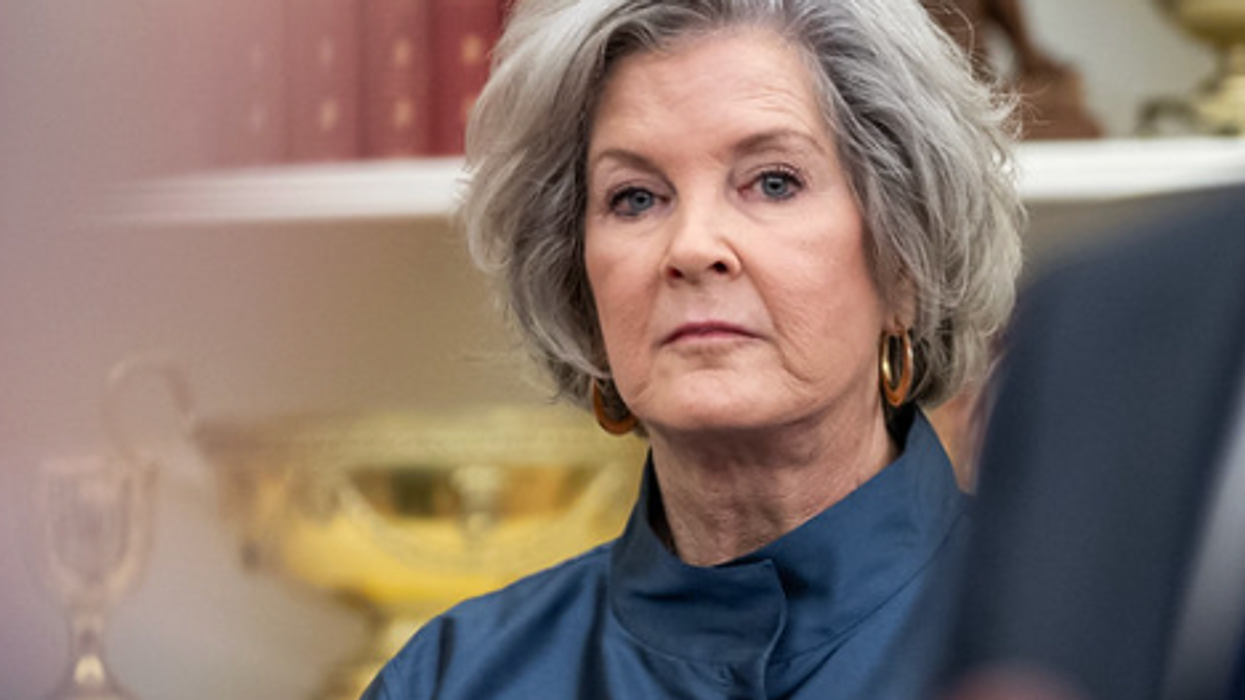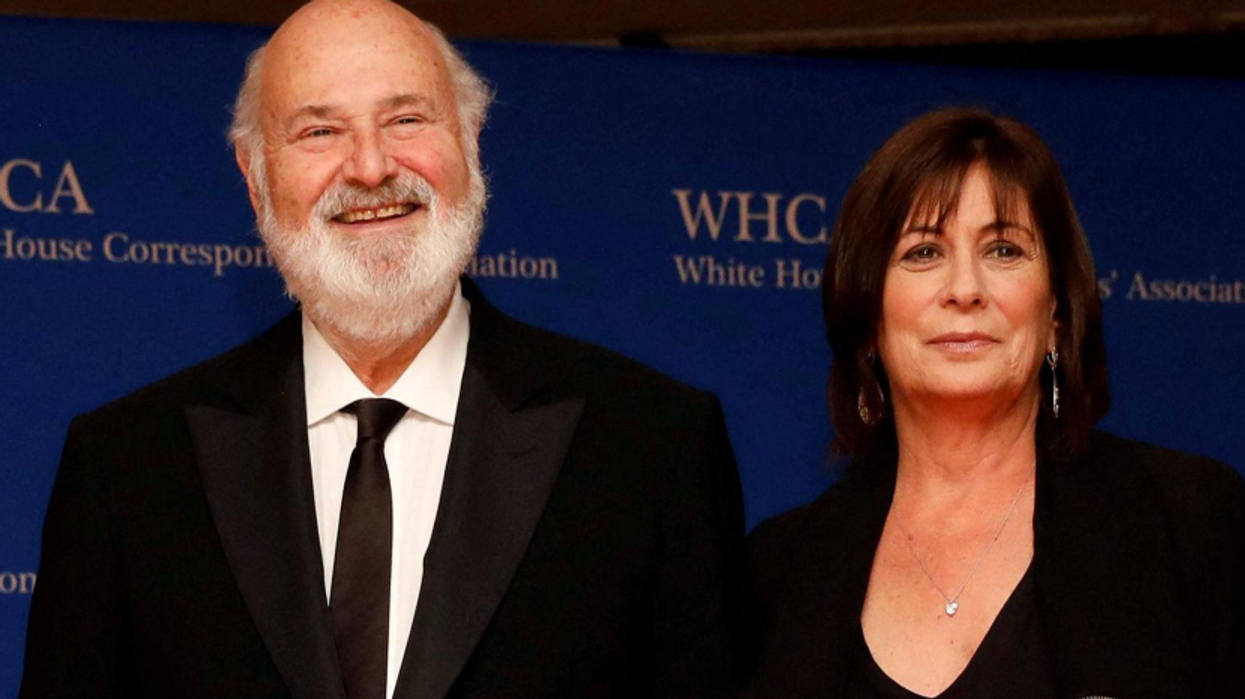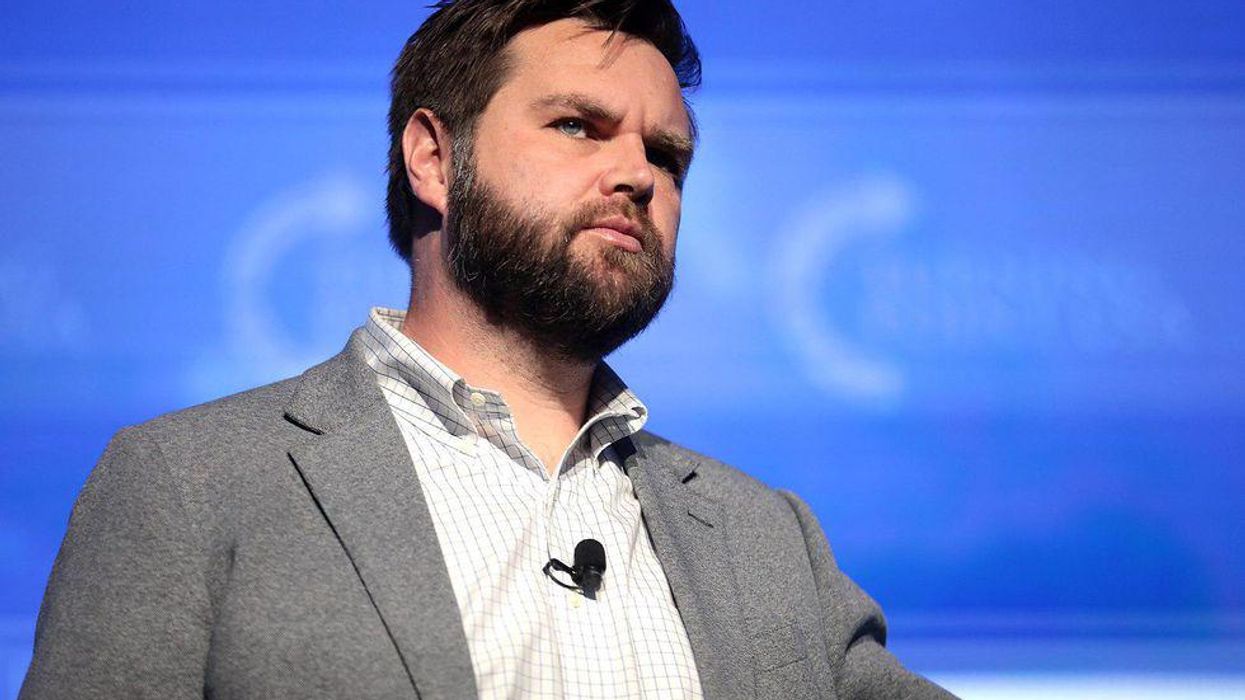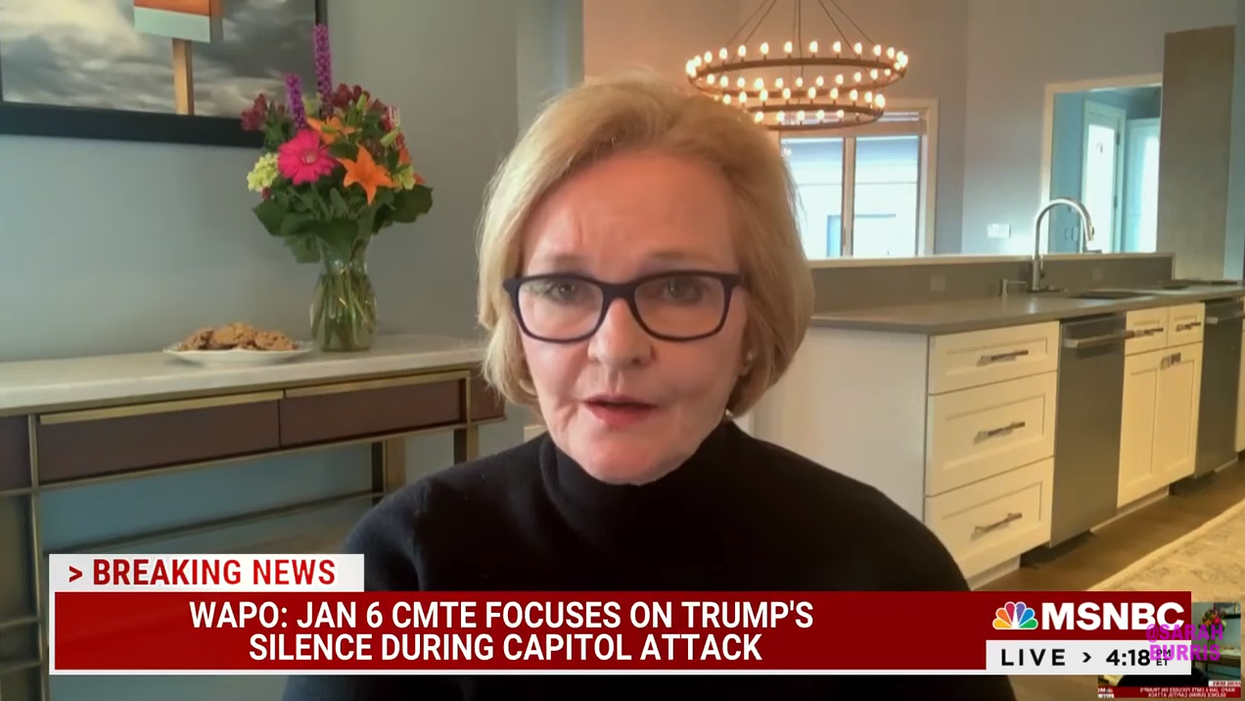White House Chief Of Staff Rips Vance, Musk, Vought -- And Trump's 'Alcoholic Personality'
President Donald Trump's former campaign manager and current chief of staff, Susie Wiles left no one untouched speaking to a Vanity Fair reporter
In a new tell-all article, Wiles calls Vice President JD Vance "a conspiracy theorist for a decade."
There has been speculation about Vance's conversion from calling Trump "Hitler" to becoming a fierce defender of the president. Wiles reveals in the interview that Vance has been "sort of political" in his conversion.
Wiles also criticized Russell Vought, the director of the Office of Management and Budget (OMB). Vought was the "architect of the notorious Project 2025," the Heritage Foundation plot to radically change the U.S. government from the inside.
According to Wiles, Vought is nothing more than "a right-wing absolute zealot."
Vought was closely involved with the effort to eliminate thousands of federal workers, leading to a brain drain of some of the smartest experts in government, Reuters reported in September.
Vanity Fair asked Wiles about the effort under Elon Musk to cut $2 trillion from the federal budget. Toward the end of his time in the White House, Musk confessed he would only able to cut about $150 billion by the end of 2026.
In March, the billionaire argued, in a since-deleted posted, that leaders like Joseph Stalin and Adolf Hitler "didn't murder millions of people. Their public sector workers did."
Wiles said of the statement, “I think that’s when he’s microdosing.”
Wiles remark was in reference to reports of Musk's heavy drug use while working in the White House. In May, the New York Times reported Musk had a daily supply of 20 ketamine pills. He mixed the ketamine with ecstasy, psychedelic mushrooms and Adderall, according to the Times.
Wiles said she never had first-hand knowledge of Musk's drug use.
...
At one point during the interview, which involved a number of Trump staff members, Wiles said Trump has “an alcoholic’s personality."
She explained that he “operates [with] a view that there’s nothing he can’t do. Nothing, zero, nothing.”
Trump's brother, Fred Trump Jr., was an alcoholic, and Trump doesn't drink alcohol at all. However Mary Trump, the president's niece, has said that for the president, "nothing is ever enough."
"This is far beyond garden-variety narcissism," Trump's niece, who has a degree in clinical psychology, said of Trump. "Donald is not simply weak, his ego is a fragile thing that must be bolstered every moment because he knows deep down that he is nothing of what he claims to be."
Mary Trump wrote that her grandfather bullied his son, Fred Jr., into alcoholism.
Later in the Vanity Fair report, it explains that Wiles' father "was an absentee father and an alcoholic, and Wiles helped her mother stage interventions to get him into treatment." He finally got sober and stayed there for the 21 years before his 2013 death.
"Alcoholism does bad things to relationships, and so it was with my dad and me,” Wiles said.
“Some clinical psychologist that knows one million times more than I do will dispute what I’m going to say. But high-functioning alcoholics or alcoholics in general, their personalities are exaggerated when they drink. And so I’m a little bit of an expert in big personalities.” Wiles said.
Reprinted with permission from Alternet






